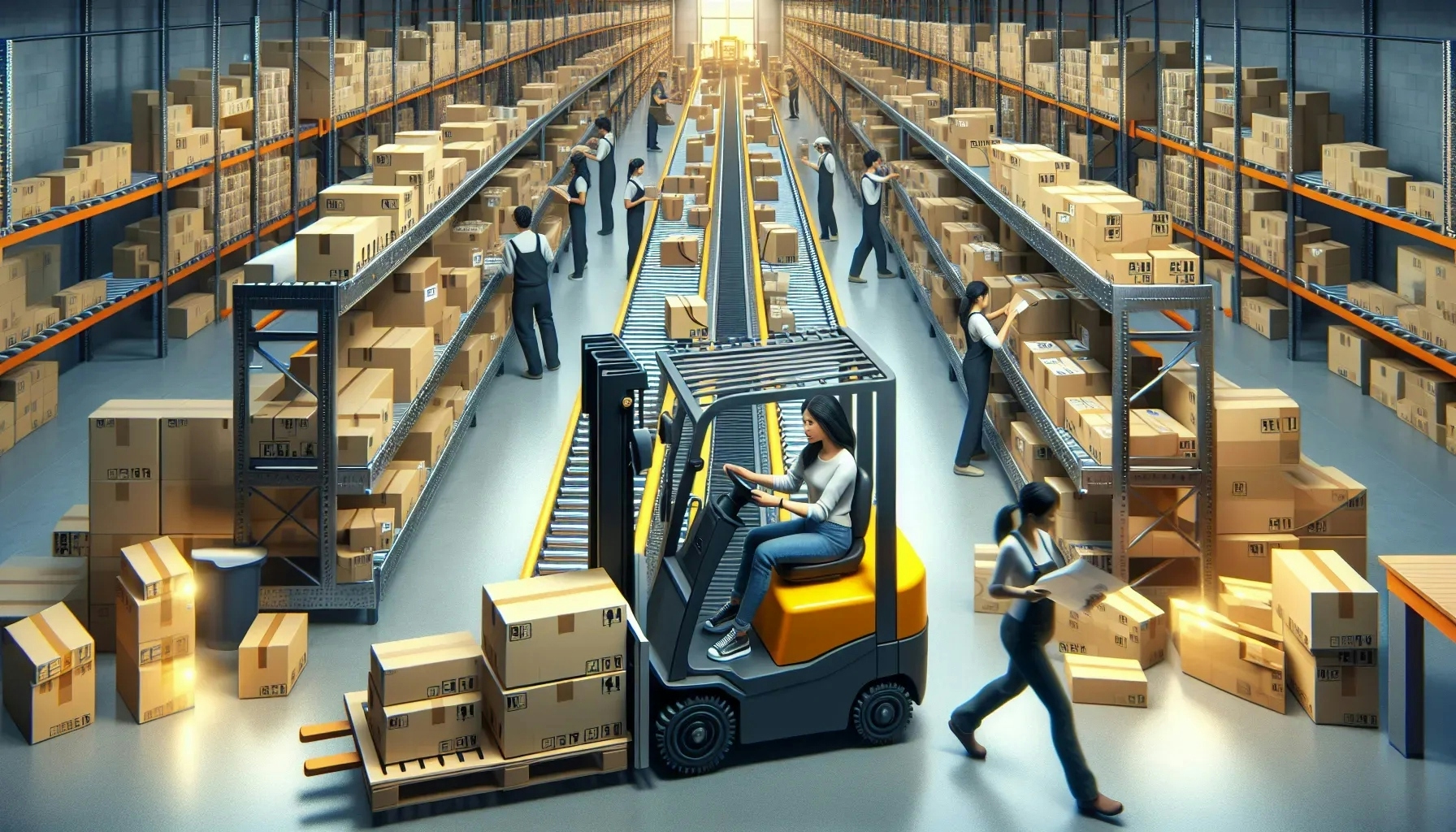Welcome to our deep dive into the transformative power of e-commerce on logistics. In this comprehensive blog post, we will explore the profound changes that e-commerce has brought to the logistics industry. We'll dissect the challenges, opportunities, and the future outlook of this dynamic relationship. So, buckle up and join us on this enlightening journey!
The E-Commerce Boom and Its Implications for Logistics
The e-commerce industry has seen an unprecedented boom in recent years. This rapid growth has necessitated a parallel evolution in logistics. The need for efficient, reliable, and fast delivery services has never been more critical.
E-commerce businesses rely heavily on logistics to ensure customer satisfaction. The logistics industry, in turn, has had to adapt and innovate to meet these demands. The impact of e-commerce on logistics is multifaceted, affecting everything from warehouse operations to last-mile delivery.
Warehouse operations have seen significant changes. The traditional model of storing bulk items for long periods has given way to a more dynamic approach. Warehouses now need to handle a larger variety of items and ensure their quick turnover.
Last-mile delivery, the final step in the logistics chain, has also been revolutionized. Customers now expect quick, often same-day, delivery. This demand has led to the development of innovative solutions like drone deliveries and smart lockers.
Challenges Posed by E-Commerce to Logistics
While e-commerce presents opportunities, it also poses considerable challenges to the logistics industry. One of the most significant challenges is managing the high volume of returns. E-commerce has a much higher return rate than traditional retail, putting pressure on logistics to handle reverse logistics efficiently.
Another challenge is the demand for fast, often same-day, delivery. This demand puts a strain on logistics providers, requiring them to optimize their operations for speed without compromising on cost-effectiveness.
The need for transparency is another challenge. Customers today want to know the exact status of their orders at all times. This demand requires logistics providers to invest in technology that allows real-time tracking.
Technological Innovations in Logistics Driven by E-Commerce
The challenges posed by e-commerce have driven technological innovation in logistics. Artificial Intelligence (AI) and Machine Learning (ML) are now being used to predict demand and optimize warehouse operations.
Blockchain technology is being used to increase transparency in the supply chain. It allows all parties involved to track a product from the manufacturer to the customer.
Drone technology is being explored for last-mile delivery. Drones can deliver packages quickly and efficiently, helping to meet the demand for same-day delivery.
The Future of Logistics in an E-Commerce Dominated World
The future of logistics in an e-commerce dominated world looks promising but challenging. The continued growth of e-commerce will necessitate further innovations in logistics.
One trend to watch is the increasing use of technology in logistics. As AI and ML become more sophisticated, we can expect them to play a more significant role in predicting demand and optimizing operations.
Another trend is the growing importance of sustainability. As consumers become more environmentally conscious, logistics providers will need to find ways to reduce their carbon footprint.
The Role of Logistics Providers in the E-Commerce Era
In the e-commerce era, logistics providers play a crucial role. They are the link between the e-commerce businesses and the customers. Their performance directly affects the customer's shopping experience.
Logistics providers need to be flexible and adaptable. They need to be able to handle the high volumes of orders and returns typical in e-commerce. They also need to be able to meet the demand for fast delivery and transparency.
To do this, logistics providers need to invest in technology. They need to use AI and ML to optimize their operations. They also need to use technology like blockchain to provide transparency.
The Interdependence of E-Commerce and Logistics
The relationship between e-commerce and logistics is one of interdependence. E-commerce businesses rely on logistics to deliver their products to the customers. At the same time, the growth of e-commerce has driven the evolution of logistics.
This interdependence is likely to continue in the future. As e-commerce continues to grow, logistics will need to keep pace. This will require continued innovation and adaptation.
Wrapping Up: The E-Commerce and Logistics Tango
The impact of e-commerce on logistics is profound and far-reaching. It has brought challenges, driven innovation, and changed the way logistics operates. As e-commerce continues to grow, we can expect its influence on logistics to continue. The future of logistics in an e-commerce dominated world looks promising but will require continued adaptation and innovation.

